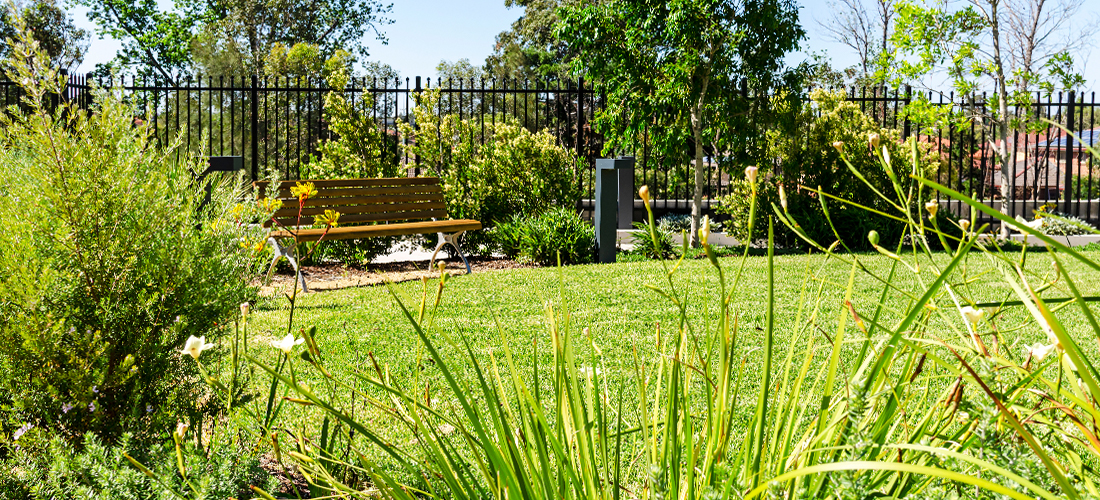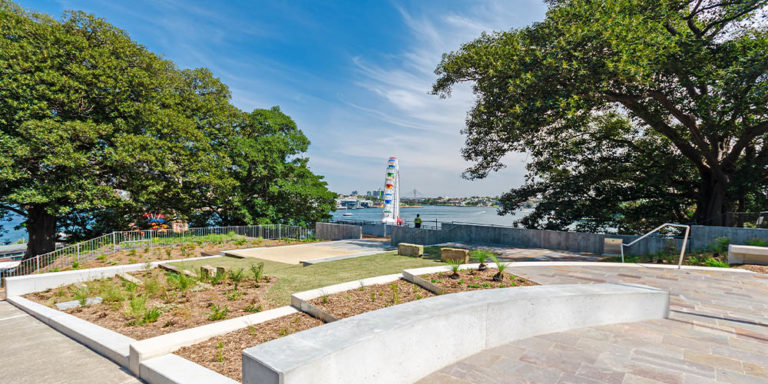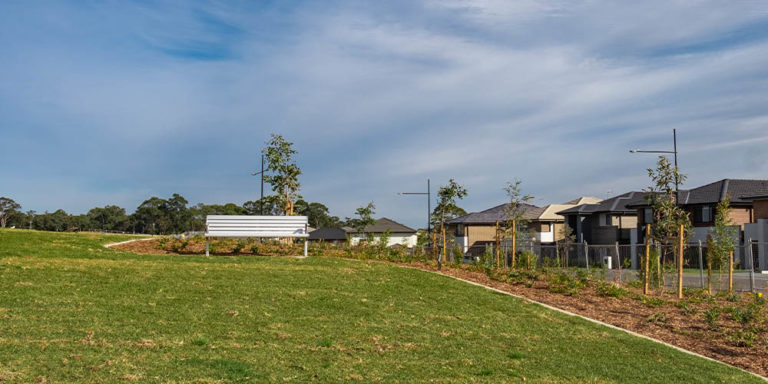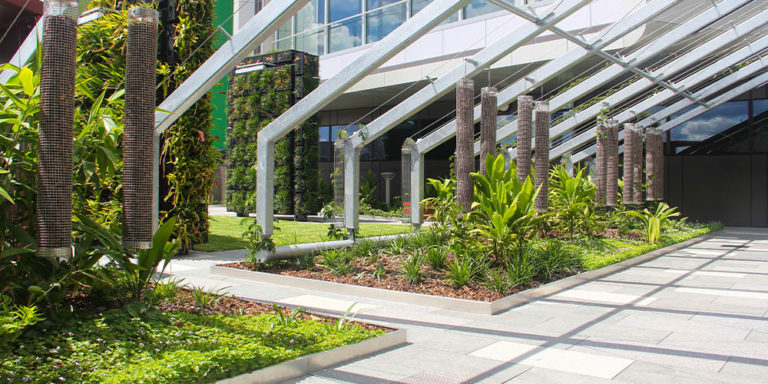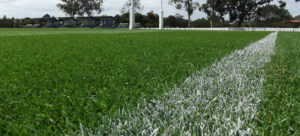The positive impact of parks and green space on our mental health has been voiced by many for a long time, and for good reason.
Considered one of the best ways to get mentally healthy, parks have been shown to lessen the symptoms of depression and anxiety, increase happiness and improve mood. “Through contact with the natural environment… users experience physical and mental health benefits such as stress reduction and recovery from mental fatigue,” according to the University of Alabama at Birmingham.
It doesn’t take long to reap the benefits either. Just 20 minutes outdoors and in some kind of green space is enough to improve our wellbeing and mental health. With or without exercise. It’s so effective, it’s being prescribed by physicians. Dubbed ‘nature prescriptions’, they advise patients to spend time in fresh air, whether that’s a local park, playing tennis or exploring nearby sports fields.
We are currently at a critical junction in society. We are grappling with the effects of what is for many of us, our first experience of a worldwide pandemic. Constant consumption of news of the crisis seems unavoidable and with so many in society now questioning their future, stress levels are at an all-time high.
How we cope with adversity differs from individual to individual. But with mental health organisations themselves recommending we continue to engage in activities that we find relaxing and enjoyable, it’s important that we still have access to spaces that have proven benefits on our mental wellbeing.
With such a strong correlation between green spaces and mental health, it seems vital that we all maintain a connection to some kind of park or natural habitat.
“In recent days we have seen an outcry from the public as large parks and beaches have been closed in various cities across the world (Los Angeles, London, Sydney) due to large groups gathering,” writes Damian Holmes, Founder and Editor of WLA (follow him on LinkedIn here).
“We now realise that whilst density has increased in cities we have greatly relied on large parks to provide open space, however, there is an increasing need for parks of varying scale to enable people to have access to green space within their neighbourhood.”
We expect to see urban planners incorporating more pocket parks, roof top gardens, more communal spaces, even balcony gardens, into communities in the future.
Continuing to provide access to green space during these trying times will ultimately help us. It will help us to endure by providing mental and physical stimulation and it will also assist us in our period of recovery.
From this experience we can learn how to better plan communities and ensure every person has access to open space.

